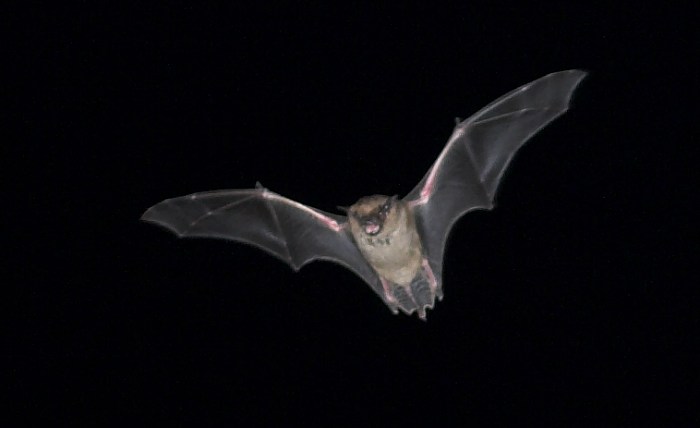Risk of rabies in Denmark?

In Denmark there are no wild dogs and no rabies infected foxes or wolfs. The risk of rabies is insignificant/non-existent. However, some bats can be infected with the European Bat Lyssavirus.
Rabies is a zoonotic disease transmitted from animals to humans, caused by the rabies virus. World wide domestic dogs are the most common reservoir of the virus, with more than 99% of human deaths caused by dog-mediated rabies.
In Denmark there are no wild dogs and no infected foxes or wolfs.
The risk of rabies is insignificant/non-existent.
Do not handle bats
However, some bats may be (in rare cases) infected with rabies virus, the European Bat Lyssavirus, which can infect humans. The infected bats never attack humans. Bite from bats only occur if the animals are being handled. If you find a bat on the ground, don’t pick it up, even if you think it is dead!
If you are bitten by a bat, wash the wound with water and soap, and then immediately seek medical advice so that you can be vaccinated against rabies. If possible, the bat must be stored so that a veterinarian can submit it for rabies examination.
Rabies vaccine is not recommended for travelers in Denmark – including outdoor activities in remote areas.

Sources: Danish Veterinary and Food Administration, WHO, Statens Serum Institut.












